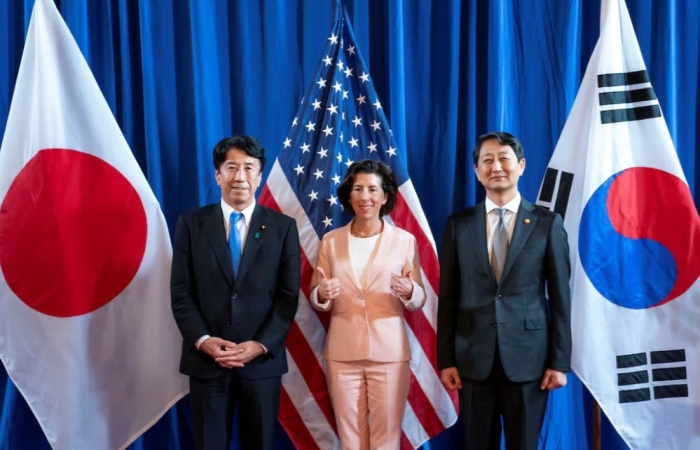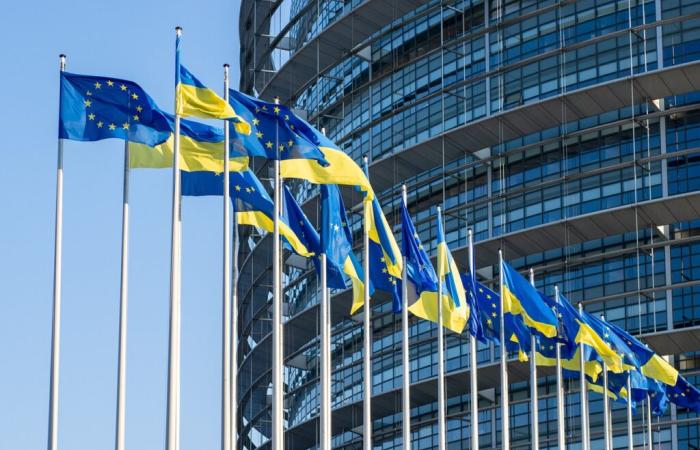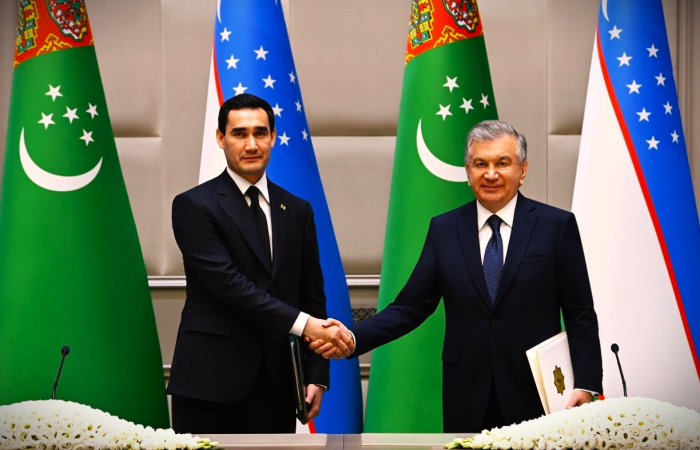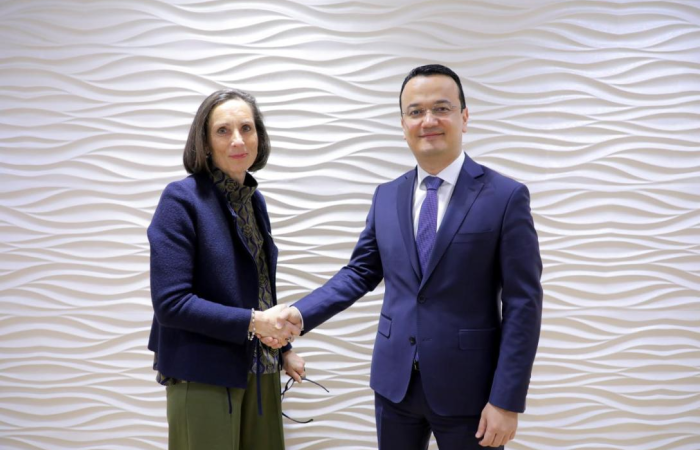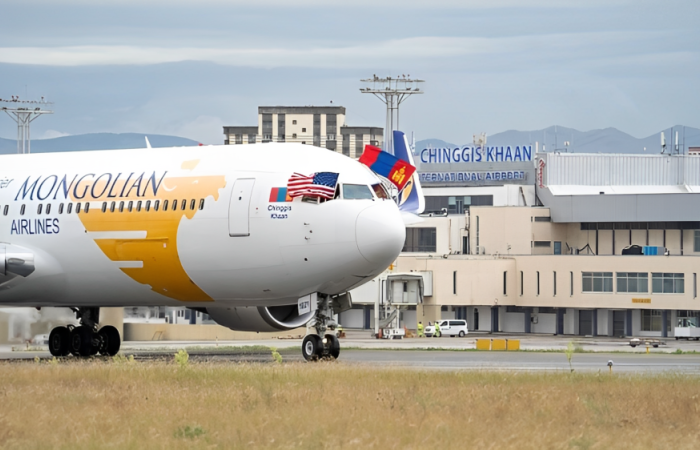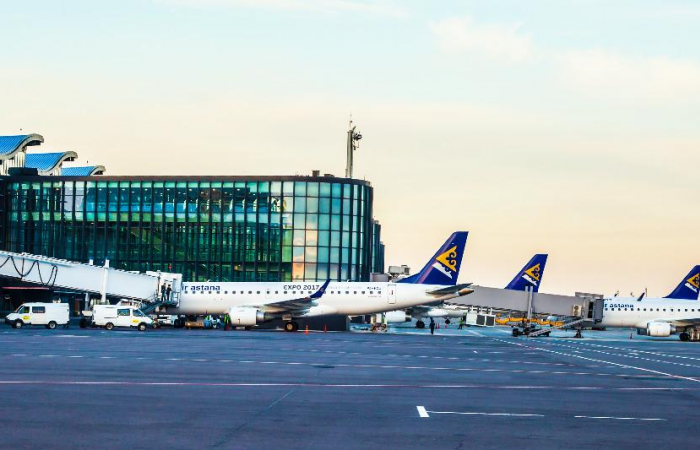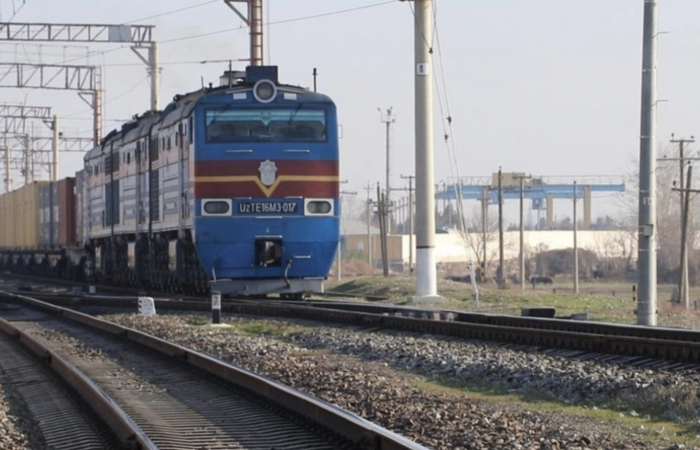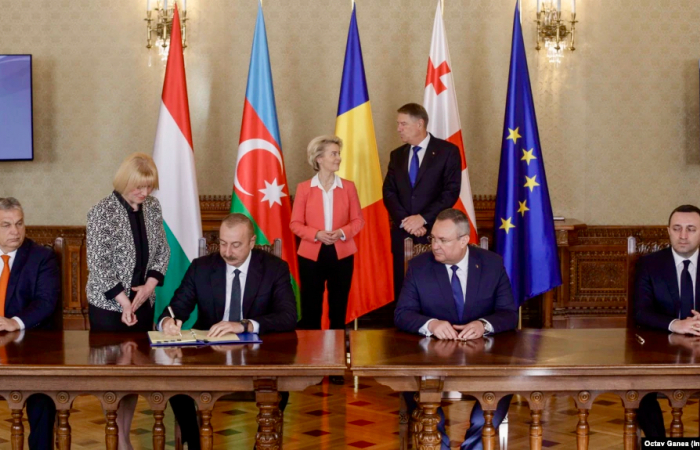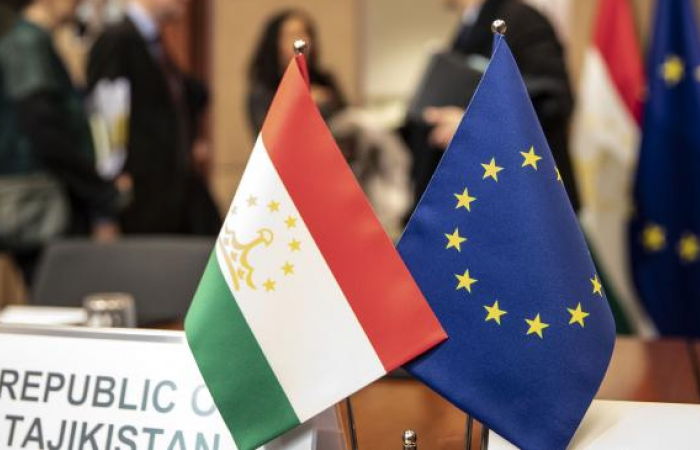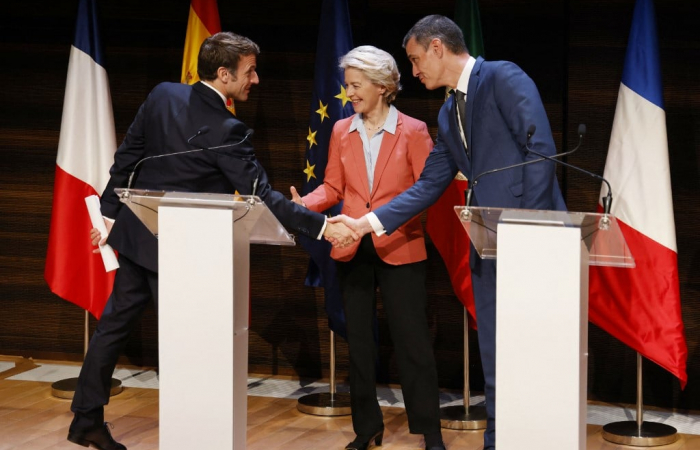Trending
US, South Korea and Japan pledge strategic cooperation for greater security and economic growth
27 June 2024
Commerce and trade ministers from the United States, Japan and South Korea pledged on Wednesday (27 June) to work together on strategic issues such as artificial intelligence (AI) security, export controls, clean energy and semiconductor supply chains. "We are redoubling our efforts to work together," said US Commerce Secretary Gina Raimondo at the start of the meeting in Washington. "As leaders in manufacturing, services, technology and innovation, we must work together not only for the benefit of our countries, but for the security of the world," she added. Raimondo was joined by Japan's Minister of Economy, Trade and Industry, Ken Saito, and South Korea's Minister of Trade, Industry and Energy, Ahn Duk-geun, for this inaugural trilateral meeting, which was agreed by their leaders at a summit in Camp David in August.



